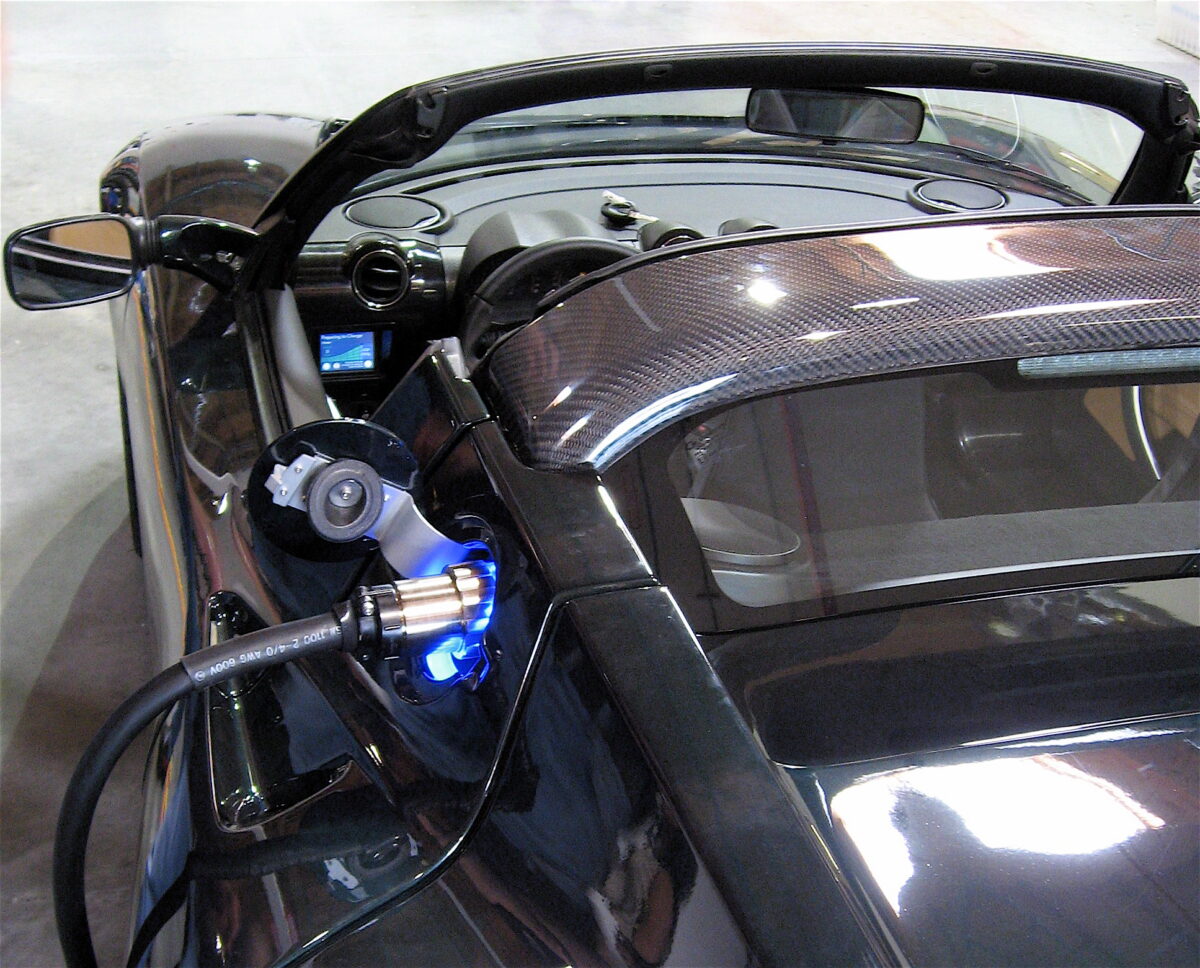Epsilon Advanced Materials (EAM), India’s leading battery materials company, is planning to invest $650 million to establish a synthetic graphite anode manufacturing facility with a capacity of 50,000 tonnes per annum (tpa) in the USA. The proposed facility in the USA will provide critical battery materials to power more than one million electric vehicles.
This synthetic graphite anode processing facility is purportedly the largest Indian investment in the US electric vehicle battery industry.
EAM is currently evaluating multiple locations across the US for the proposed facility subject to regulatory approvals, environmental permits, and state and local incentive agreements. It has already signed strategic supply agreements with local raw material suppliers and transport partners to create a seamless supply chain network.
Through this facility, EAM will produce high-capacity synthetic anode materials customized for specific cell chemistries. The facility is expected to generate revenue of more than $ 500 million at full capacity by 2031.
The facility is expected to be commissioned by 2026.
TheUS government aims to convert 50% of vehicle sales in the nation to electric by 2030 and generate 1000 GWh of battery capacity. “With this facility, EAM will contribute to the US EV roadmap by ensuring a local supply chain for EV batteries. The facility will contribute to the U.S. Government’s mandate of critical mineral security,” stated EAM.
This content is protected by copyright and may not be reused. If you want to cooperate with us and would like to reuse some of our content, please contact: editors@pv-magazine.com.









By submitting this form you agree to pv magazine using your data for the purposes of publishing your comment.
Your personal data will only be disclosed or otherwise transmitted to third parties for the purposes of spam filtering or if this is necessary for technical maintenance of the website. Any other transfer to third parties will not take place unless this is justified on the basis of applicable data protection regulations or if pv magazine is legally obliged to do so.
You may revoke this consent at any time with effect for the future, in which case your personal data will be deleted immediately. Otherwise, your data will be deleted if pv magazine has processed your request or the purpose of data storage is fulfilled.
Further information on data privacy can be found in our Data Protection Policy.